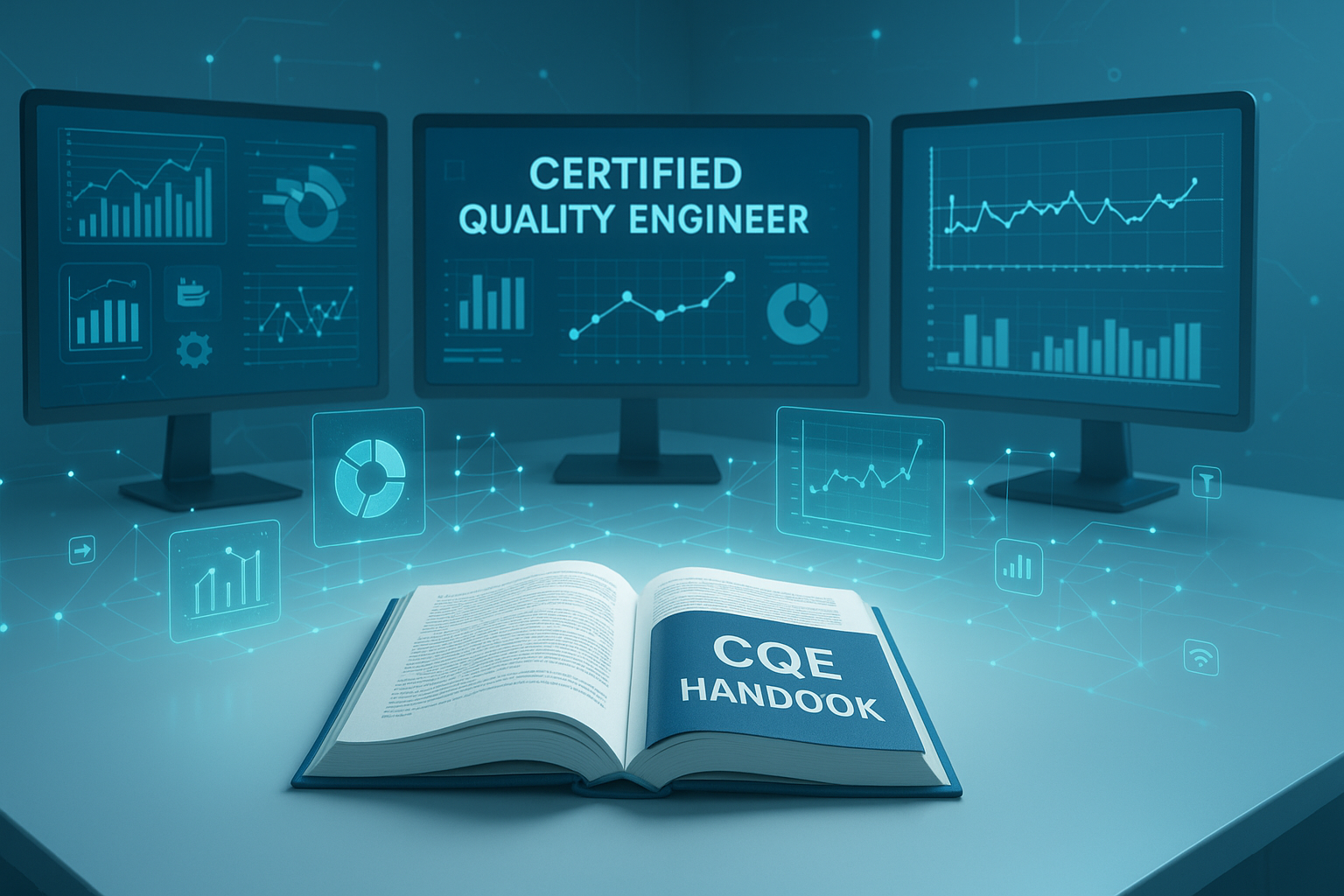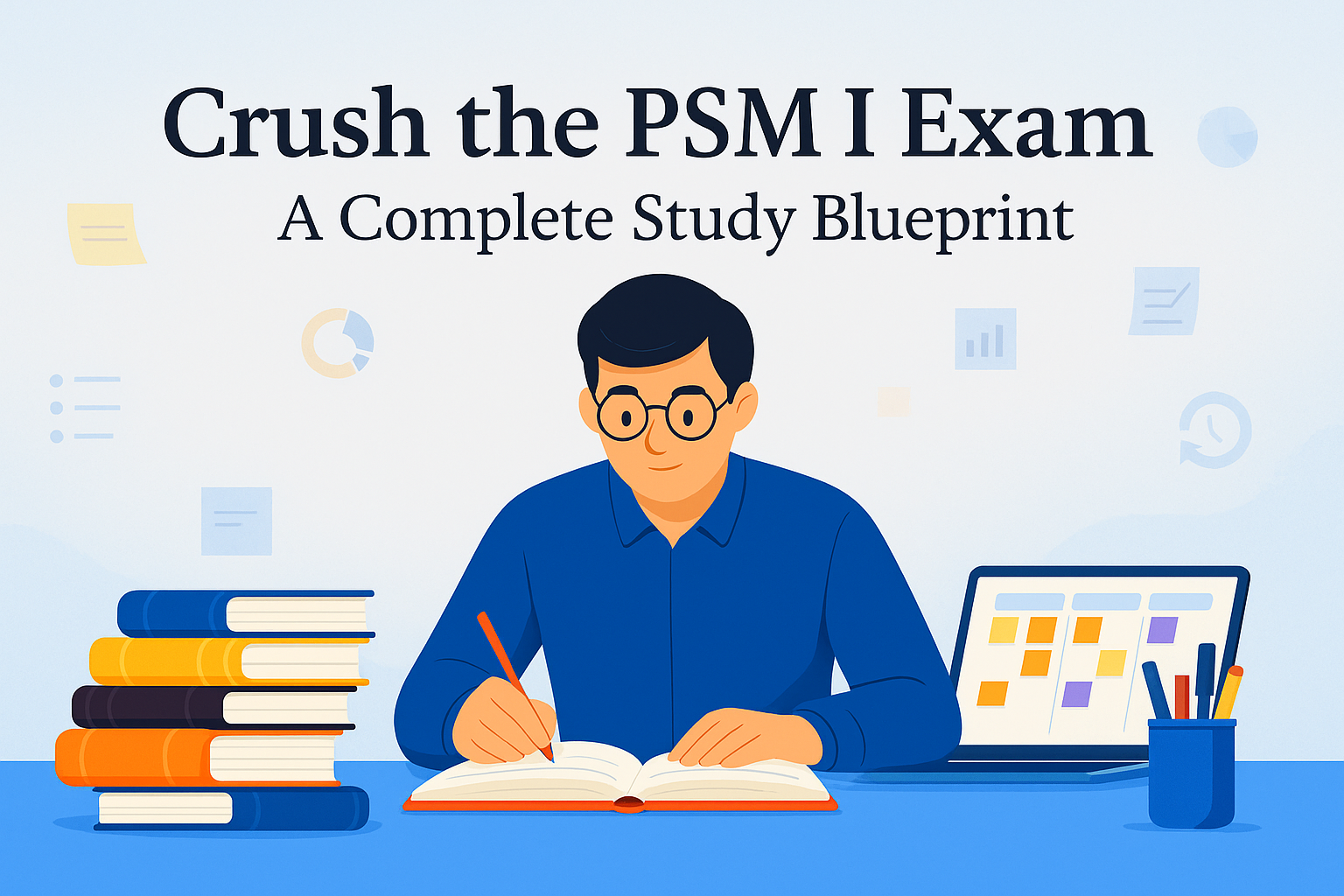
Stepping into the world of Artificial Intelligence testing is both a challenging and rewarding move for any software quality professional. The ISTQB Certified Tester - AI Testing (CT-AI) credential is your definitive way to validate this expertise. But how do you conquer an exam that covers everything from machine learning fundamentals to the ethics of testing autonomous systems? It's not just about what you study, but how you study. This is not another generic guide. This is a strategic breakdown built on the collective experience of those who have passed the exam. We’ll dissect the syllabus, reveal the resources that genuinely make a difference, and offer a clear roadmap to earning your AI testing certification. Forget the pre-exam jitters; let’s replace them with a concrete plan and the confidence to match.
Understanding the Exam: The ISTQB AI Testing Blueprint
Before diving into preparation strategies, let's establish a clear picture of the ISTQB AI Testing exam. This foundational knowledge is crucial for structuring your study plan effectively.
What is the AI Testing Certification?
The ISTQB Certified Tester - AI Testing (CT-AI) is a specialist certification designed for individuals involved in the testing of AI-based systems. It extends the knowledge of the Foundation Level (CTFL) - a mandatory prerequisite - into the complex domain of artificial intelligence and machine learning. It aims to build a common vocabulary and establish best practices for testing the unique quality characteristics of AI systems.
Who Should Take This CT-AI Exam?
This certification is ideal for a wide range of professionals, including:
Testers, Test Analysts, and Test Engineers
Data Analysts and Test Consultants
Test Managers and User Acceptance Testers
Software Developers
Project Managers, Quality Managers, and Business Analysts
Essentially, if your role touches the quality assurance of AI applications or you leverage AI for testing, this certification is for you.
AI Testing Certification Structure at a Glance:
Official Name: ISTQB Certified Tester - AI Testing (CT-AI)
Exam Format: 40 multiple-choice questions
Duration: 60 minutes
Non-Native Language Extension: +15 minutes (Total 75 minutes)
Passing Score: 65% (You must answer at least 26 questions correctly)
Prerequisite: ISTQB Certified Tester Foundation Level (CTFL)
Time-Tested Strategies from Successful CT-AI Candidates
We connected with several recently certified testers to distill their success into actionable strategies. Their advice consistently revolved around three core principles: targeted learning, practical application, and strategic practice.
1. Adopt a "Tester's Mindset" for the Syllabus: Don’t just memorize definitions. For every concept, ask yourself: "How would I test this?" or "What could go wrong here?". For instance, when studying different types of biases, think about how you would design a test case to detect sampling bias in a dataset. This active learning approach transforms passive reading into practical understanding.
2. Focus on Concepts, Not Just Keywords: The exam tests your comprehension of AI testing principles, not just your ability to recall terms. A certified tester noted, "I initially focused on memorizing every term. The real breakthrough came when I started explaining concepts like 'neuron coverage' or the 'confusion matrix' to my colleagues. If you can teach it, you know it."
3. Time Management is Non-Negotiable: With 40 questions in 60 minutes, you have an average of 90 seconds per question. "Don't get bogged down," advises another successful candidate. "I flagged 5-6 questions that I was unsure about and came back to them at the end. Answering the ones you know first builds momentum and confidence."
The Great Resource Debate: ISTQB AI Testing Dumps vs. Books vs. Sample Questions
Navigating the sea of study materials can be overwhelming. Here’s a breakdown of what works, what doesn’t, and where to invest your time and money.
ISTQB AI Testing Dumps: The consensus is clear: avoid brain dumps. While they promise a shortcut, they are often outdated, contain incorrect answers, and violate exam agreements. More importantly, they rob you of the actual knowledge needed to be a competent AI tester. Relying on ISTQB AI testing dumps is a gamble that rarely pays off in the long run.
ISTQB AI Testing Book and PDF: The official syllabus is the ultimate source of truth. It's the blueprint for the exam. Treat the official ISTQB AI Testing PDF syllabus as your primary guide. While there isn't one single "official" ISTQB AI testing book yet, several reputable authors and training providers have published materials that align with the syllabus. These can be excellent for deeper understanding, but always cross-reference them with the syllabus content.
ISTQB AI Testing Sample Questions and Mock Tests: This is where the magic happens. High-quality sample questions and mock tests are the most effective preparation tools. They bridge the gap between theoretical knowledge and exam reality.
They help you:
Identify your weak areas.
Get accustomed to the question format and wording.
Practice your time management skills.
The most successful candidates emphasized using mock tests that provide detailed explanations for each answer, not just a pass/fail score. This is where dedicated practice platforms shine.
For those looking for proven tactics and a structured approach, the resources available at ISTQB AI Testing Exam: Pass with These Tactics can provide the kind of rigorous preparation that mirrors the real exam environment.
AI Testing Syllabus Breakdown: A Tester's Guide to Prioritizing Your Study
The official ISTQB AI testing syllabus is divided into 11 chapters, but not all are created equal in terms of exam weight. The "minutes" allocated to each chapter in the syllabus are a direct indicator of its importance and the likely number of questions.
Here’s a strategic look at where to focus your energy:
Tier 1: The Heavy Hitters (Highest Priority)
These three chapters account for a massive portion of the syllabus timing and, consequently, the exam questions. Master these, and you are well on your way to passing.
Chapter 9: Methods and Techniques for the Testing of AI-Based Systems (245 mins): This is the core of the certification. Expect numerous ISTQB AI testing exam questions on topics like testing in an ML lifecycle, white-box vs. black-box testing for AI, and specific techniques like metamorphic testing, A/B testing, and adversarial testing.
Chapter 4: ML - Data (230 mins): Data is the fuel for AI. This chapter covers data preparation, validation, and the many types of data-related bugs and biases. Understand concepts like data quality dimensions and the challenges of data labeling.
Chapter 11: Using AI for Testing (195 mins): This flips the script, focusing on how AI can enhance testing. You must be able to differentiate between testing AI systems and using AI for testing. Key topics include AI in test automation, test case generation, and defect analysis.
Tier 2: The Critical Connectors (Medium Priority)
These chapters provide the foundational and contextual knowledge needed to understand the Tier 1 topics. They are frequent sources of questions.
Chapter 8: Testing AI-Specific Quality Characteristics (150 mins): This goes beyond traditional metrics. You need to understand how to test for flexibility, evolvability, and the ethical considerations of AI.
Chapter 3: Machine Learning (ML) - Overview (145 mins): Understand the difference between supervised, unsupervised, and reinforcement learning. Be comfortable with the terminology of models, features, and training/validation/test sets.
Chapter 5: ML Functional Performance Metrics (120 mins): This is where it gets mathematical. You must understand the Confusion Matrix (True Positives, False Positives, True Negatives, False Negatives) and the metrics derived from it, such as Accuracy, Precision, Recall, and F1-Score.
Chapter 7: Testing AI-Based Systems Overview (115 mins): This chapter sets the stage for the specific techniques in Chapter 9, covering test strategies and the challenges unique to AI.
Chapters 1 & 2: Introduction to AI & Quality Characteristics (105 mins each): These early chapters provide the essential vocabulary and context. Don't skip them; they are a source of "easy win" questions if you know the definitions.
Tier 3: The Supporting Cast (Lower Priority but Essential)
These chapters have less timing but cover specific, testable concepts.
Chapter 6: ML - Neural Networks and Testing (65 mins): Know the basic structure of a neural network (layers, neurons, activation functions) and testing techniques like neuron coverage.
Chapter 10: Test Environments for AI-Based Systems (30 mins): This is the shortest chapter. Focus on the specific needs of an AI test environment, such as the requirement for powerful hardware (GPUs) and specialized data tools.
Preparing for AI Testing Certification with Mock Tests: The Accuracy vs. Speed Dilemma
Once you have a grasp of the syllabus, it's time to transition to mock exams. Many candidates face a common dilemma: Should I focus on answering everything quickly or answering everything correctly?
The answer, according to certified professionals, is a two-phase approach.
Phase 1: Focus on Accuracy (Untimed Practice)
Start with your first few ISTQB AI testing mock test sessions, untimed. Your goal is 100% accuracy. For every question, especially the ones you get wrong, dig into the "why." Read the explanation, go back to the syllabus, and solidify your understanding. This builds your knowledge base.
Phase 2: Introduce Speed (Timed Simulation)
After you're consistently scoring high (85%+) in untimed tests, switch to timed mode. Now, you must replicate the real exam conditions: 60 minutes, 40 questions. This trains your brain to work efficiently under pressure. You’ll learn to quickly identify easy questions, flag difficult ones, and manage the clock.
This is where a high-quality ISTQB AI testing mock test platform becomes indispensable. It should provide a realistic exam simulator and a large pool of ISTQB AI testing exam questions to prevent you from simply memorizing answers from a limited set.
Final Countdown: Your Pre-Exam Checklist and Confidence Boosters
The week before your AI testing certification exam is about consolidation and mindset, not cramming new information.

Your Final Checklist:
Review Your Notes: Focus on the Tier 1 and Tier 2 chapters. Pay special attention to your weak areas.
One Final Mock Test: Take one last timed mock test 2-3 days before the exam to stay sharp.
Check Exam Logistics: Confirm your exam time, location (or online proctoring setup), and required identification.
Read the Official ISTQB Rules: Be familiar with the exam conduct policies.
Get a Good Night's Sleep: A rested mind performs significantly better. Don't pull an all-nighter.
Plan Your Exam Day: Eat a healthy meal, arrive early if in-person, and have a positive mindset.
Confidence Boosters:
Remember, you have prepared for this. You have studied the ISTQB AI testing syllabus, you've practiced with high-quality questions, and you understand the core concepts. Trust your preparation. During the exam, if you feel anxious, take a few deep breaths. You have the knowledge to pass.
Conclusion: Your Gateway to the Future of Quality Assurance
Earning the ISTQB CT-AI is more than just adding a credential to your profile; it's a declaration of your readiness to tackle the next frontier of software quality. This AI testing certification validates your skills in one of the most transformative technologies of our time, opening doors to new career opportunities and establishing you as a leader in the testing community.
The certification path requires dedication, but with a strategic approach focused on understanding the core concepts, prioritizing the high-weight syllabus areas, and practicing with realistic mock exams, you are setting yourself up for success. Embrace the challenge, trust your preparation, and get ready to become an ISTQB Certified Tester in AI Testing.
FAQs About ISTQB AI Testing Certification
Q. What are the eligibility criteria for ISTQB CT-AI certification?
A. Candidates must hold the ISTQB Foundation Level Certification to qualify.
Q. Are ISTQB AI Testing Dumps reliable?
A. While useful for quick revisions, dumps alone are insufficient. Supplement them with comprehensive resources like official books and sample questions.
Q. How often is the ISTQB AI Testing exam syllabus updated?
A. Regular updates align with evolving AI practices; always refer to the official ISTQB website for the latest syllabus.
Q. What’s the best ISTQB AI Testing book for a deep understanding?
A. "AI Testing Foundations" by Rex Black is widely recommended by certified professionals.
Q. Can I retake the exam if I fail?
A. Yes, ISTQB allows retakes with additional fees and waiting periods, detailed on the official site.




![Scrum.org PSM I Certification [Sample Questions] | Practice Exam & Prep Tips](https://sk0.blr1.cdn.digitaloceanspaces.com/sites/690475/posts/1285705/how-to-prepare-for-psm-1-exam.png)


Write a comment ...